Previous Grant Awards
Georgia Humanities partners with museums, libraries, educational institutions, and civic organizations across the state to unite people in learning and conversation. By supporting and promoting diverse cultural and educational programs, Georgia Humanities celebrates what makes Georgia a special place to live and grow.
Thanks to funding from the Georgia Department of Economic Development, over the last five years, we have given more than $400,000 to organizations statewide.
Continue reading to learn more about some of the programs we’ve supported.

CONFLUENCE 2022
Meridian Herald, Decatur
CONFLUENCE was a week-long series of events that explored the intersection of the arts, the environment, and activism through musical performance, literature, visual art, conversation, and more. The series began with a premiere of Steven Darsey’s composition The Marshes of Glynn, an oratorio of Georgian Sidney Lanier’s famous poem, and culminated with a tour of the proposed national park preserve at Ocmulgee Mounds near Macon.
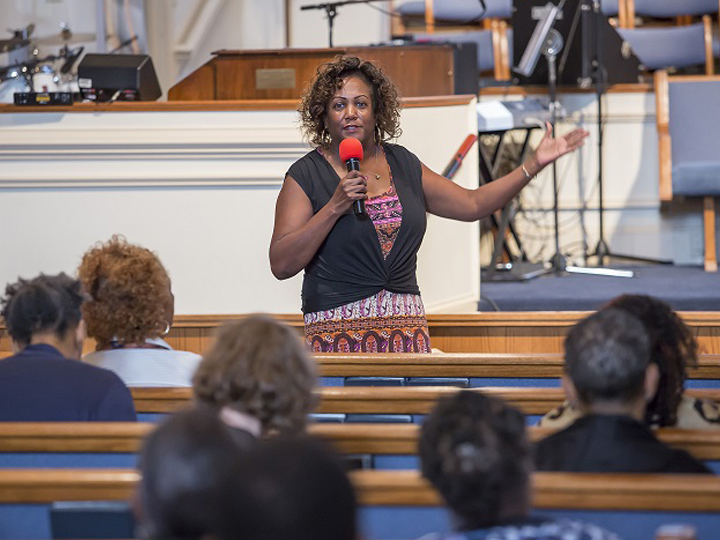
Antioch A.M.E. Church History Day
Center for Public History, University of West Georgia, Carrollton
The Antioch A.M.E. Church History Day brought together church and community members to learn about preserving history from genealogists, archivists, and historians. In an effort to preserve the history of Antioch A.M.E., a team from the Center for Public History hosted a “history harvest,” in which church members had their photos and documents scanned and added to an online archive.
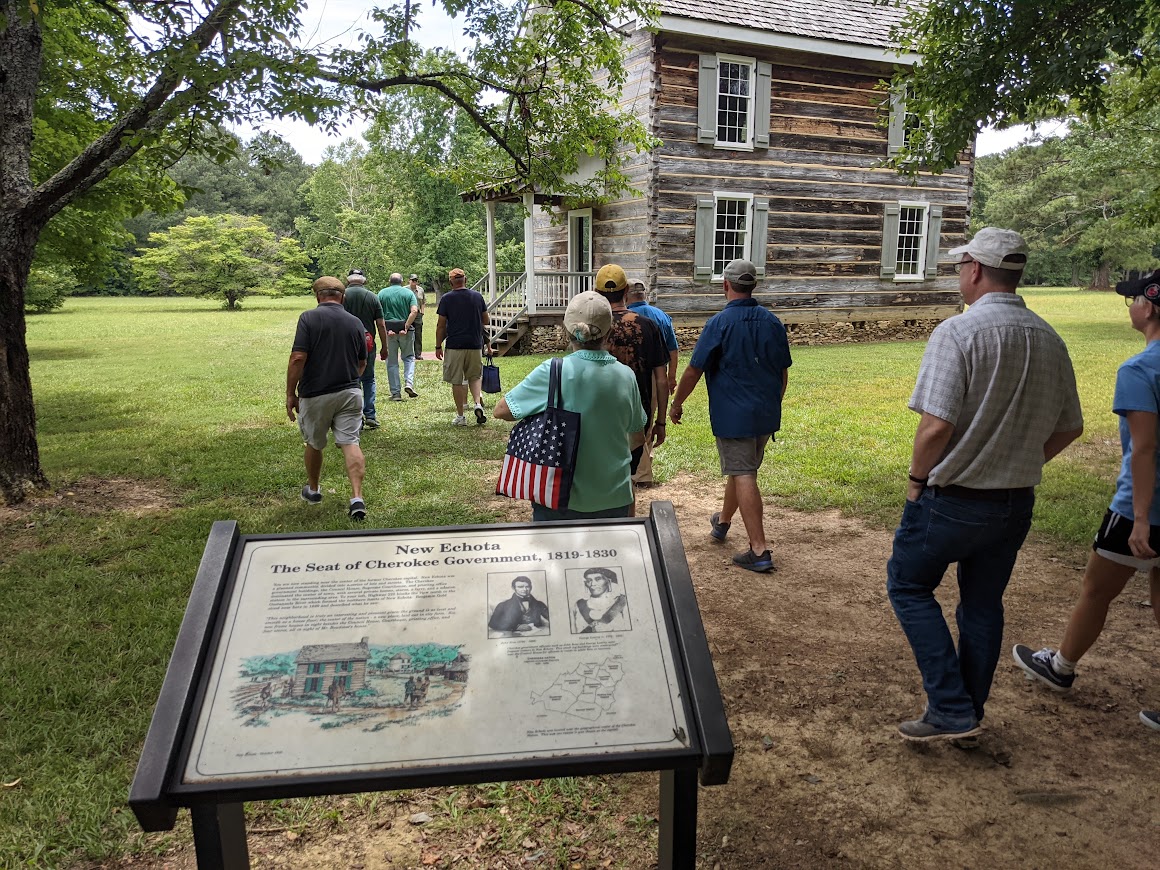
Georgia Trail of Tears National Historic Trail Site Tour
The Funk Heritage Center, Waleska
This digital driving tour examines the state’s role in the 1838-39 removal of the Cherokees from their ancestral homeland. The tour stops at 10 historic sites and 14 removal forts along the Trail of Tears National Historic Trail in northwest Georgia. By encouraging visitors to explore local connections to shared history, the tour helps contextualize the events leading up to the forced relocation of the Cherokees and grapples with the historical, individual, and collective impact of the trail of tears.
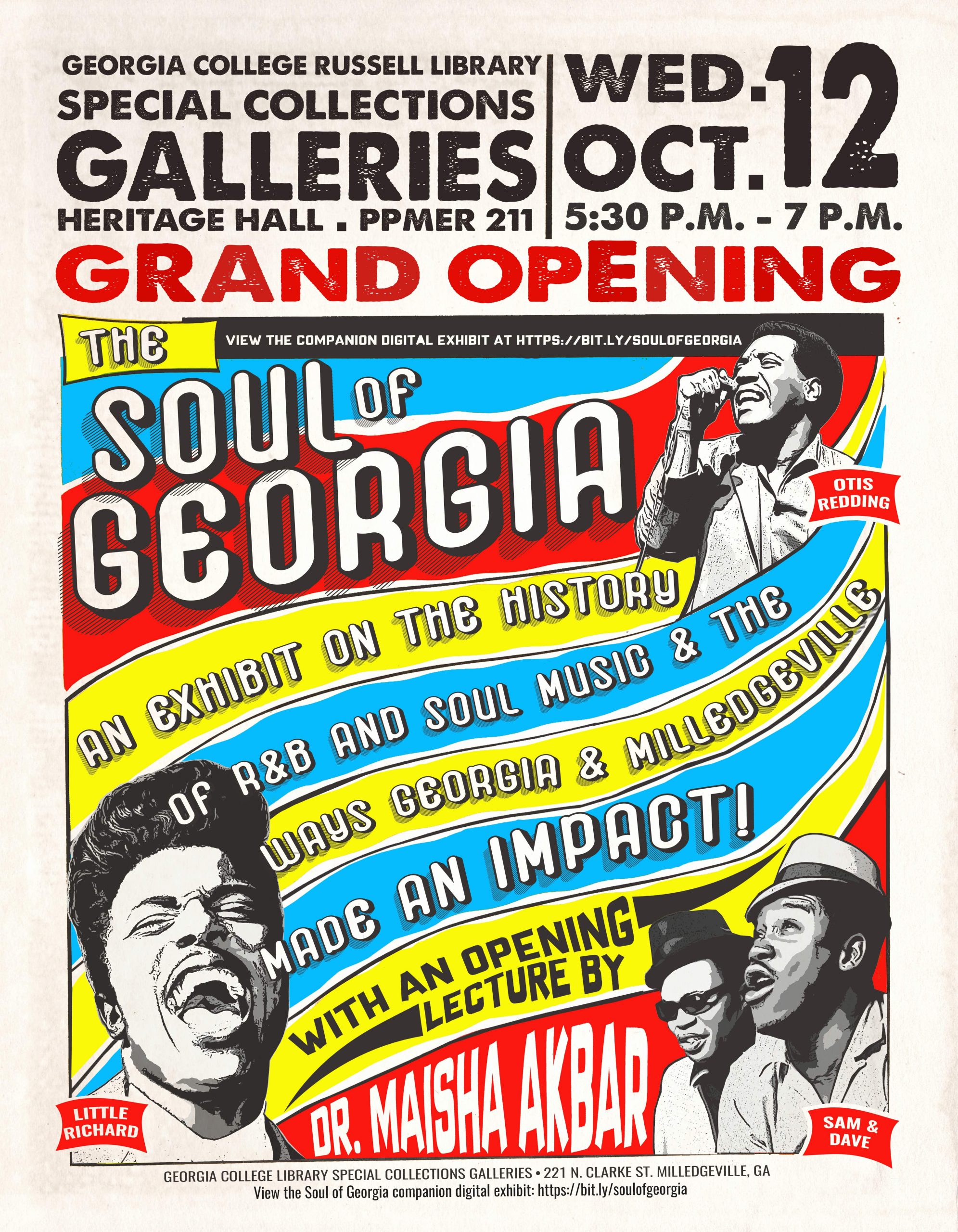
The Soul of Georgia
Georgia College, Milledgeville
This exhibit highlighted middle Georgia’s incredible impact on the formation of the R&B and soul genres. A public lecture exploring the blueswoman performance tradition and the ways artists respond creatively to the shifting realities of the Black experience opened the exhibition.
CARES and SHARP Grants
In 2020, Georgia Humanities awarded $634,200 in CARES Act Emergency Operating Grants to 77 organizations, including museums, libraries, historical societies, and academic institutions. Building on this support, in December 2021, we awarded over $1.03 million in Sustaining the Humanities through the American Rescue Plan (SHARP) grants to 78 cultural and educational organizations across the state. Provided by the National Endowment for the Humanities, these special grant funds empowered recipients to deliver programs, sustain their operations, and build capacity to recover from the pandemic.
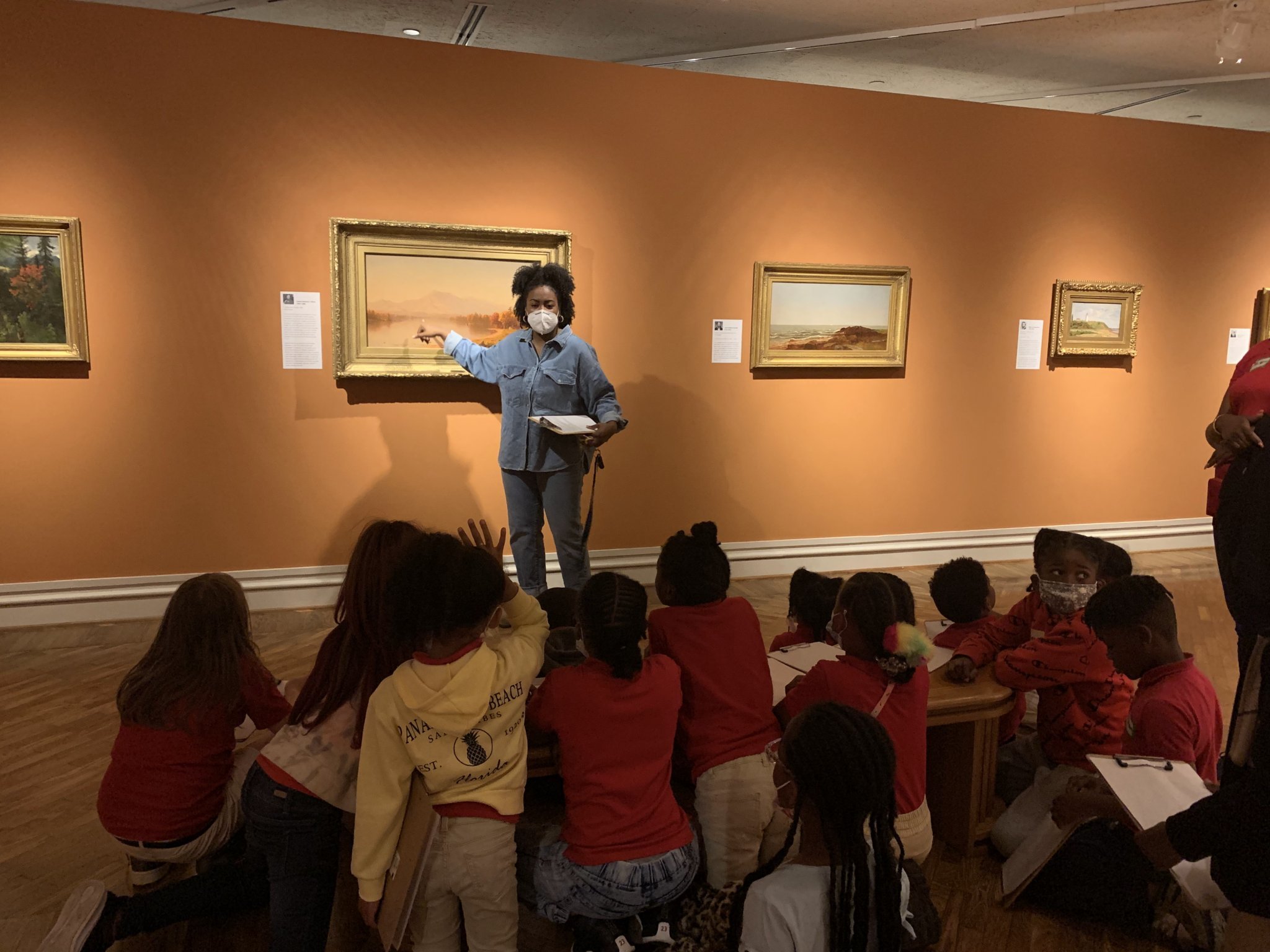
Columbus Museum
The Columbus Museum in Georgia is one of the largest museums in the Southeast, offering a unique blend of American art and regional history. With support from a Georgia Humanities SHARP grant, the museum increased the capacity of its community outreach coordinator and academic programs manager, allowing them to create new educational resources and envision future community-oriented programs. A significant part of the SHARP grant also went toward developing the “Journey Toward Justice: Civil Rights in the Chattahoochee Valley” exhibition.
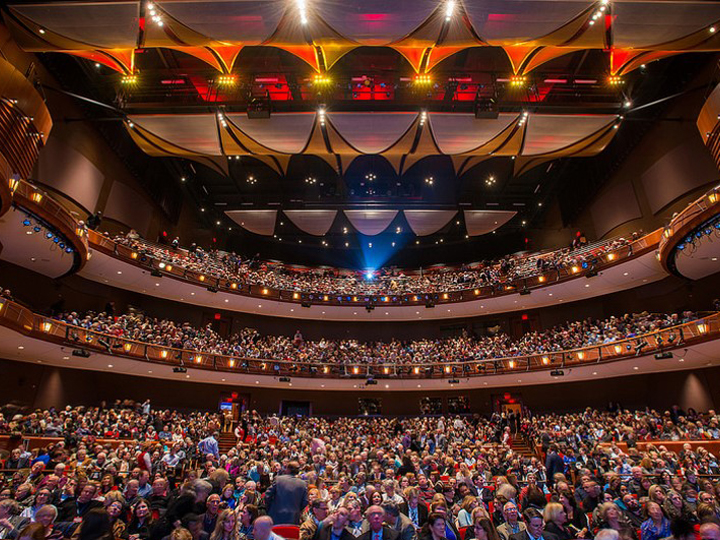
Atlanta Jewish Film Festival
The Atlanta Jewish Film Festival is the largest film festival in Atlanta and the largest Jewish film festival in the world. AJFF presents outstanding international and independent cinema and criticism to local audiences while fostering intergroup understanding among Atlanta’s diverse cultural, ethnic, and religious populations. Though virtual in 2022, the festival still attracted more than 100 guest speakers and 38,000 audience members thanks in part to support from a Georgia Humanities SHARP grant.
